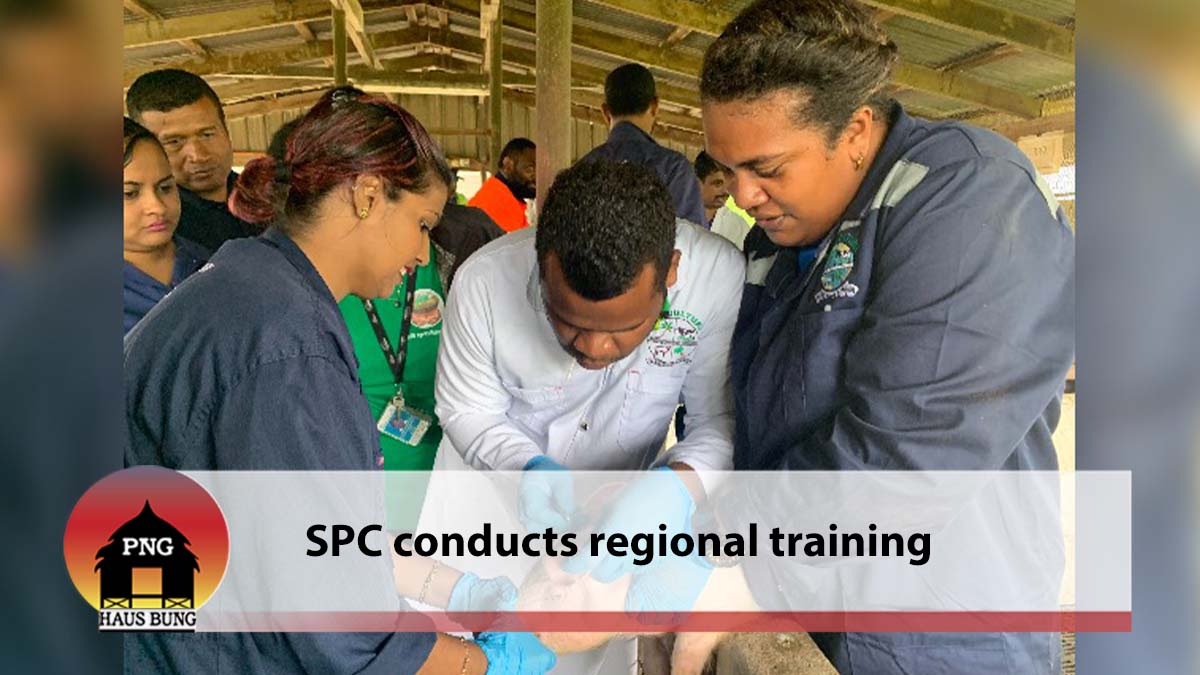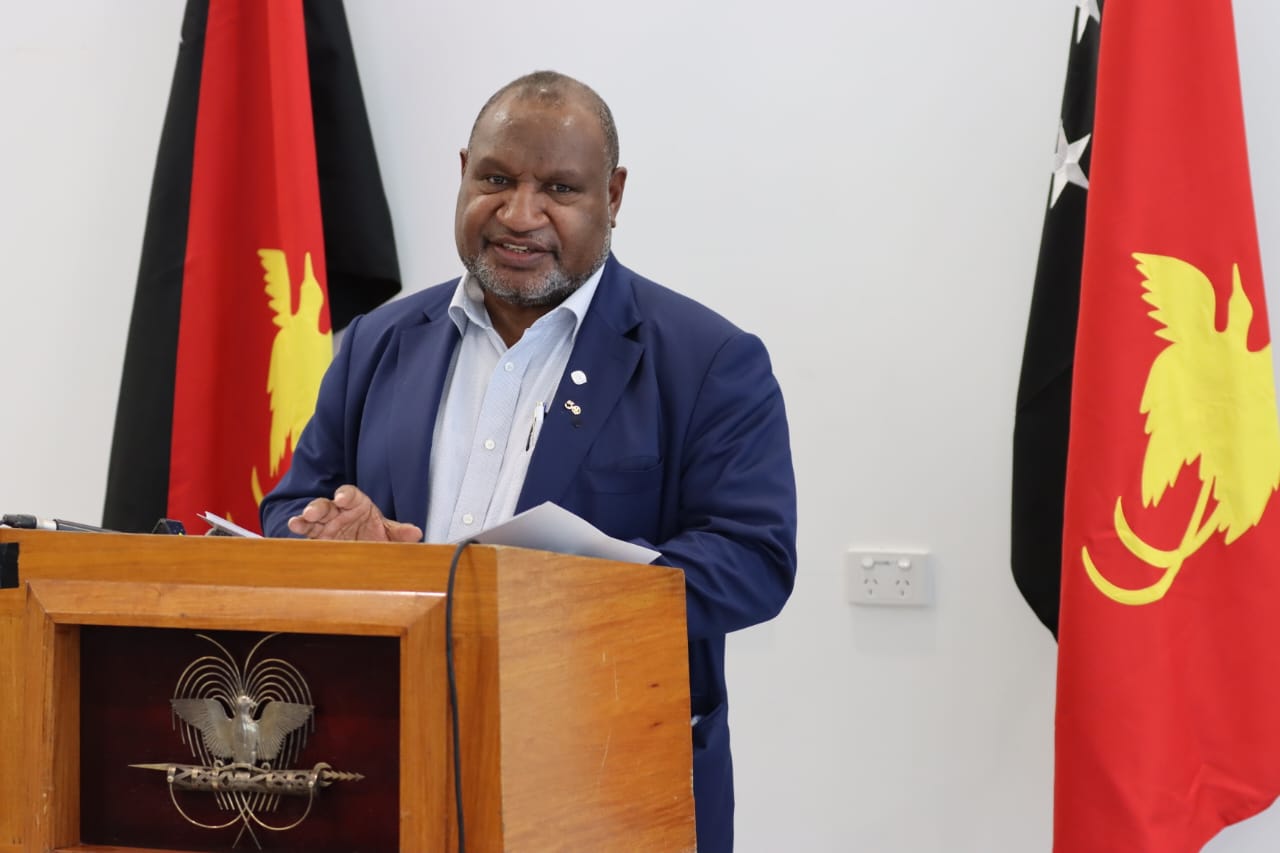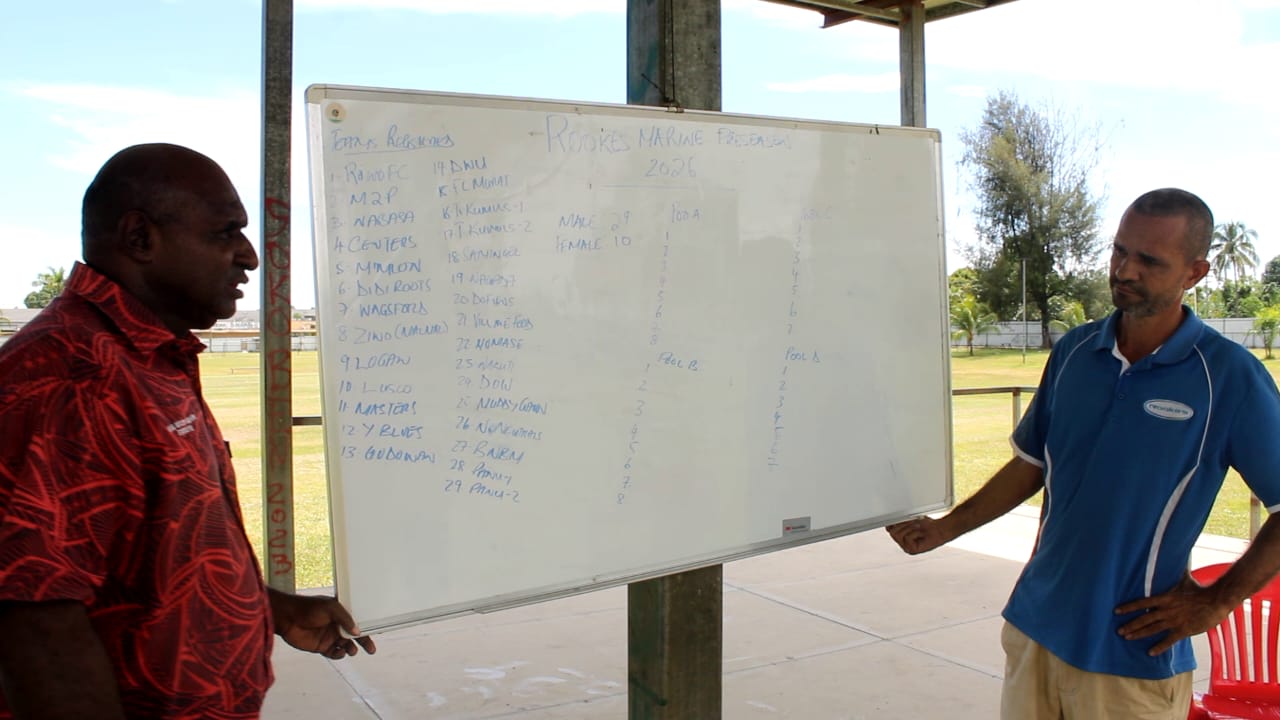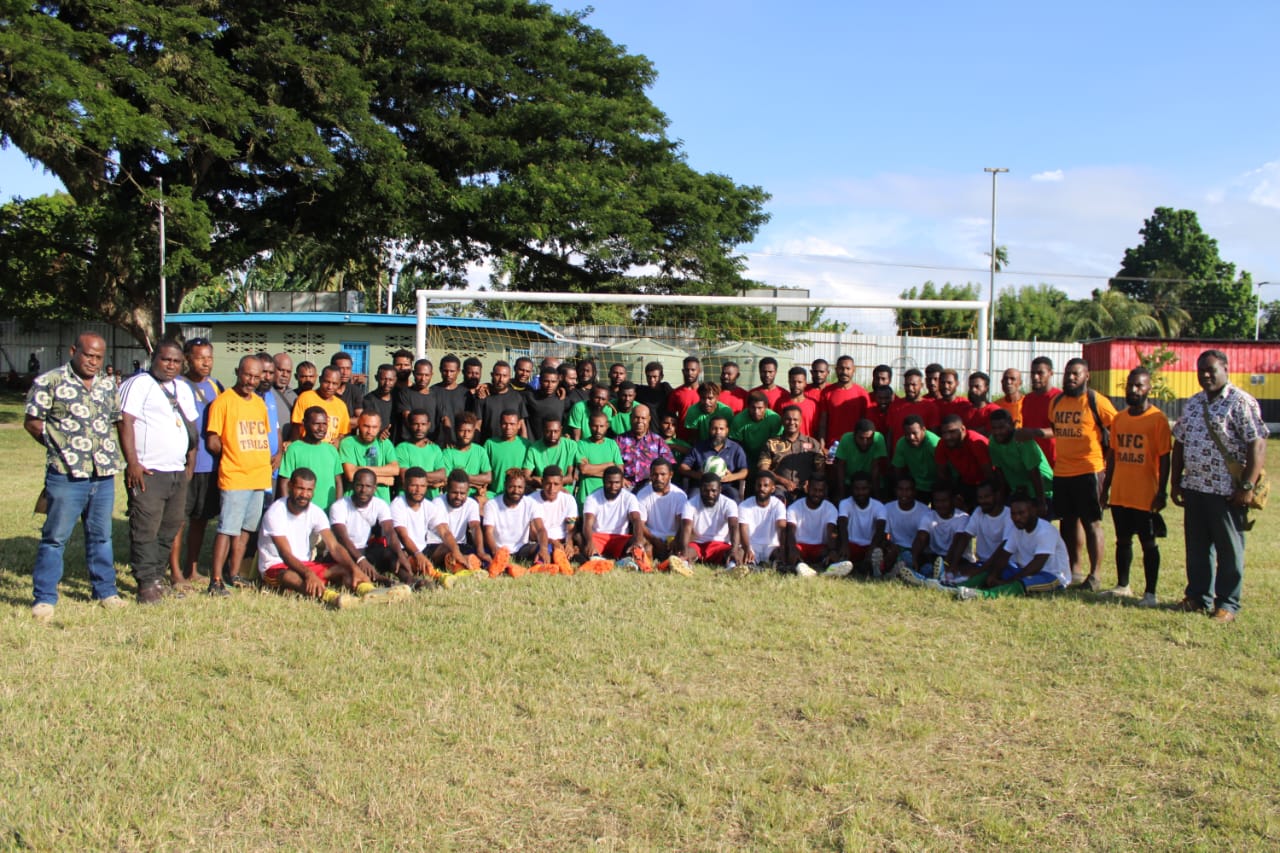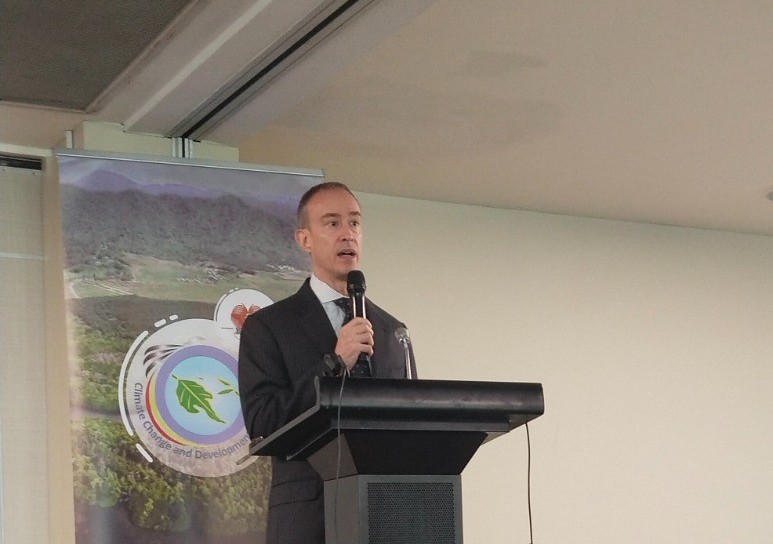The Pacific Community (SPC) this week took another stride toward combating the emergence of pests, diseases, and health risks such as African Swine Fever (ASF) through the organisation of a regional training focused on strengthening and improving laboratory services to mitigate these threats.
The training addresses the timely transport of biological samples, in addition to providing and renewing sample transport certification for participants.
The International Air Transport Association (IATA) - Safe Transport of Dangerous Goods by Air virtual training began on 26 April and is being delivered by the Civil Aviation Academy of Australia. The training is taking place as part of the ‘Safe Agriculture trade Facilitation through Economic integration in the Pacific’ (SAFE Pacific) project funded by the European Union in conjunction with the Animal Health Preparedness (African Swine Fever) project and supported by the Pacific Horticultural and Agricultural Market Access Program (PHAMA Plus).
Karen Mapusua, Director of SPC’s Land Resources Division, said efficiently managing the packing and transport of samples for laboratory assessment was critical to ensure an accurate and timely diagnosis for early detection and prevention of pests and diseases in the Pacific.
“With the Coronavirus pandemic still threatening the global community and bringing with it more biosecurity risks, SPC has stayed committed to strengthening partnerships and coordinating e-resources and online platforms to ensure we are able to step up in the face of these burgeoning threats,” said Ms Mapusua.
Over 30 biosecurity, animal health and plant health officers from Ministries of Agriculture and relevant departments across the region will be trained. Participants are provided course materials to be read and understood before the assessment. Participants have three months to complete the full course.
Participants were nominated from across 14 countries implementing the SAFE Pacific project, including the Cook Islands, Fiji, Federated States of Micronesia, Kiribati, Marshall Islands, Nauru, Niue, Papua New Guinea, Solomon Islands, Samoa, Timor-Leste, Tonga, Tuvalu and Vanuatu. The nominated officers will receive a two-year certification to ensure proper packaging and transportation of biological sample materials to accredited veterinary laboratories.
